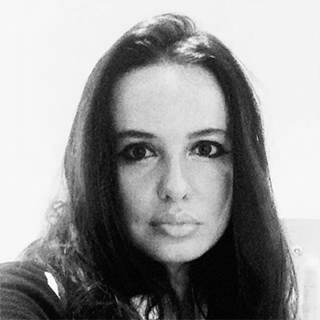It’s common to be told that people who make religions look bad aren’t really part of them, and in particular that homophobes aren’t ‘real’ Christians—as well as that their views are a perversion of faith fuelled by denial of their own sexuality. At the moment, I’m working on a much longer piece than usual, so I’m going to do something unusual and post an extract from it about the problem I have with this.
Think about it for a second, and Christian homophobia being fuelled by queer shame is a shitty idea. It means believing not only that an inexplicable swell of queer people are born into Catholic, Baptist and Presbyterian churches, loathing themselves for no particular reason, but that Quakers and Unitarians are progressive because so many more of them are straight, and that our problems would be solved if straight people could just teach queer people not to be so homophobic. Historically and politically, it blames us for our own murder.
It also means thinking that by sheer coincidence, cultures in northern Europe, Africa and India where bisexuality was the norm developed a sudden angst about it, ex nihilo, at the exact moment Christian missionaries arrived. It means thinking that Rome’s upper classes became squicked out by their previously open sex lives the moment Constantine became emperor; that in the generation gap between the first Christians and their parents, condemning same sex acts went from being a wholly religious act to being nothing to do with religion.
Were the church fathers Christian in name only? Was Constantine less than a ‘real’ Christian? Were Paul, Peter and all popes since, Augustine, Thomas Aquinas, Martin Luther and Martin Luther King? Were the missionaries whose schools and hospitals are points of pride? Or is ‘real’ Christianity a drawbridge that goes up and down, alternately admitting and excluding these people, raised and lowered for the comfort of people who denounce some homophobes then venerate others, only denying their membership of the faith when it’s expedient?
I don’t say this as an atheist with an agenda, or somebody opposed to progressive religious tendencies. I say it as a queer person to whom it doesn’t feel progressive to care about homophobia only when it makes being a Christian uncomfortable, or to be more concerned about the threat it poses to your faith’s PR than to my life and the lives of my friends. All Christians are real Christians; all Muslims are real Muslims; all atheists are real atheists. Deal with it.
* * *
I tell stories and write a blog. If you enjoy my work,
consider becoming a patron or leaving a tip.
At the moment, I’m also holding a fundraiser.
You can read more about that here.
Follow my tweets at @AlexGabriel,
keep up with my writing, or get in touch.




